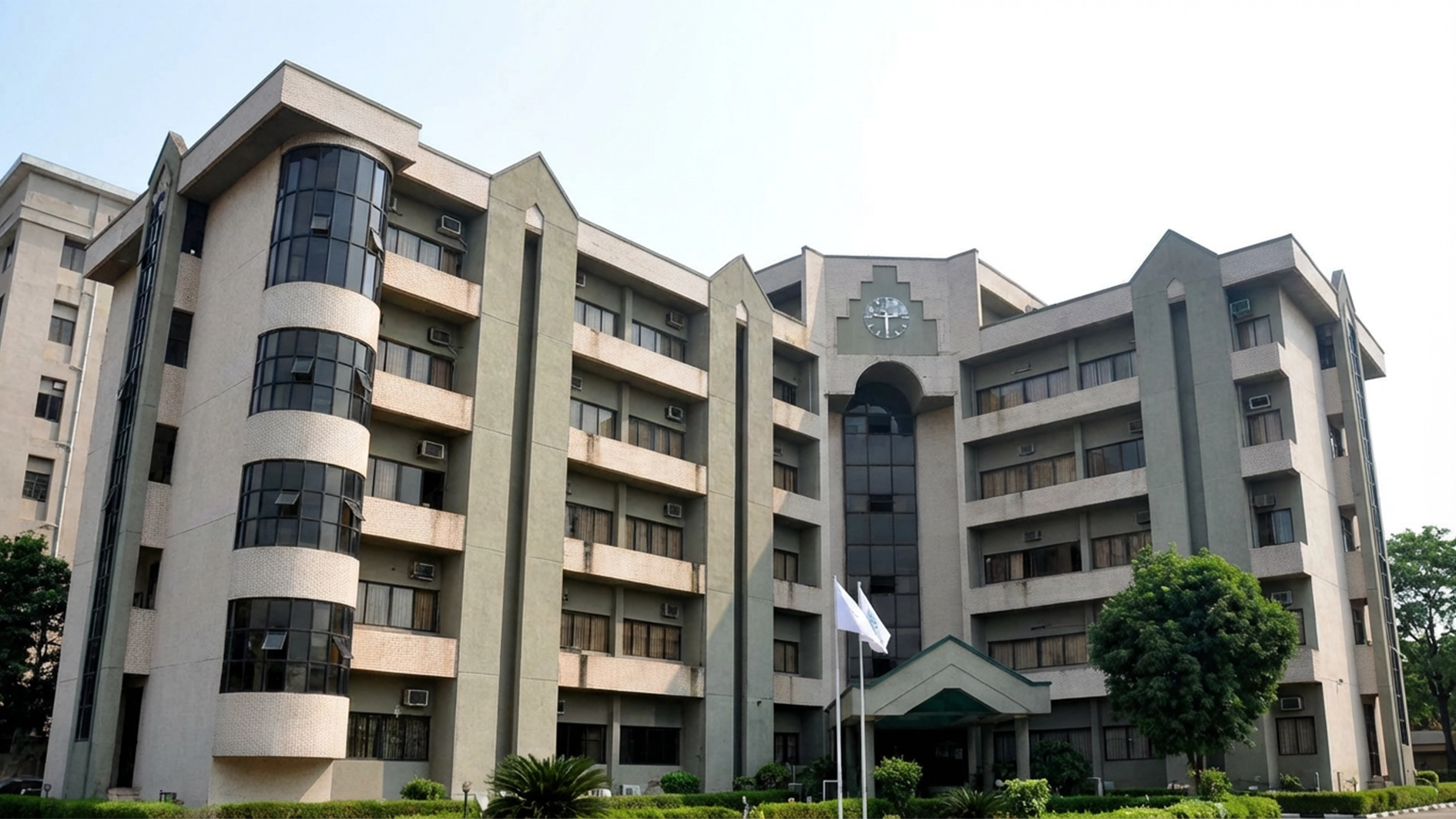As the world observed World Malaria Day 2025, the Nigerian National Malaria Elimination Programme (NMEP) has debunked common myths surrounding the disease.
During a tweetchat with media personality, Esther Adekeye aka Cute Kimani, NMEP noted that ontrary to widely held beliefs, malaria is not caused by walking in the sun, stress, witchcraft, or excessive consumption of red oil. Rather, it is caused by the Plasmodium parasite, transmitted through the bite of an infected mosquito.
The tweetchat conversation, held under the theme “Malaria Ends With Us – Reinvest, Reimagine, Reignite”, served as a timely reminder that the fight against malaria is far from over—and that every Nigerian has a part to play.
Revealing that one out of five global malaria-related deaths happens in Nigeria, an estimated 23 people die from malaria-related complications every hour, and about 65 million cases are reported annually, NMEP maintained that Nigeria remains the global epicenter of malaria, with one in every four cases worldwide occurring within its borders.
NMEP also stated that children and pregnant women remain the most vulnerable groups.
However, the message of hope and empowerment echoed throughout the chat. Malaria is preventable and curable. Simple actions, according to the anti-malaria organisation, such as sleeping under insecticide-treated nets, eliminating stagnant water, and ensuring that pregnant women receive preventive treatments during antenatal care, can go a long way in saving lives.
NMEP also stressed the importance of testing fevers using rapid diagnostic tests (RDTs) before administering treatment. When confirmed, malaria can be fully cured with Artemisinin-based Combination Therapy (ACT), a safe and effective treatment available across Nigeria.
The chat also addressed broader challenges, including underfunding, weak health systems, and growing resistance to insecticides and antimalarial drugs in some parts of the world—though not yet in Africa.
On her part, Esther Adekeye, the Lead Partner at Estol Africa, expressed appreciation to NMEP for its continued fight against malaria.
“Through strategic interventions, including distribution of insecticide-treated nets, indoor spraying, and targeted treatment campaigns, NMEP has significantly reduced malaria transmission,” Cutekimani added.
Echoing NMEP’s campaign against malaria, the Paediatric Association of Nigeria (PAN) calls on all stakeholders — government parastatals, healthcare professionals, international partners, and the private sector to further intensify their efforts in combating the disease.






